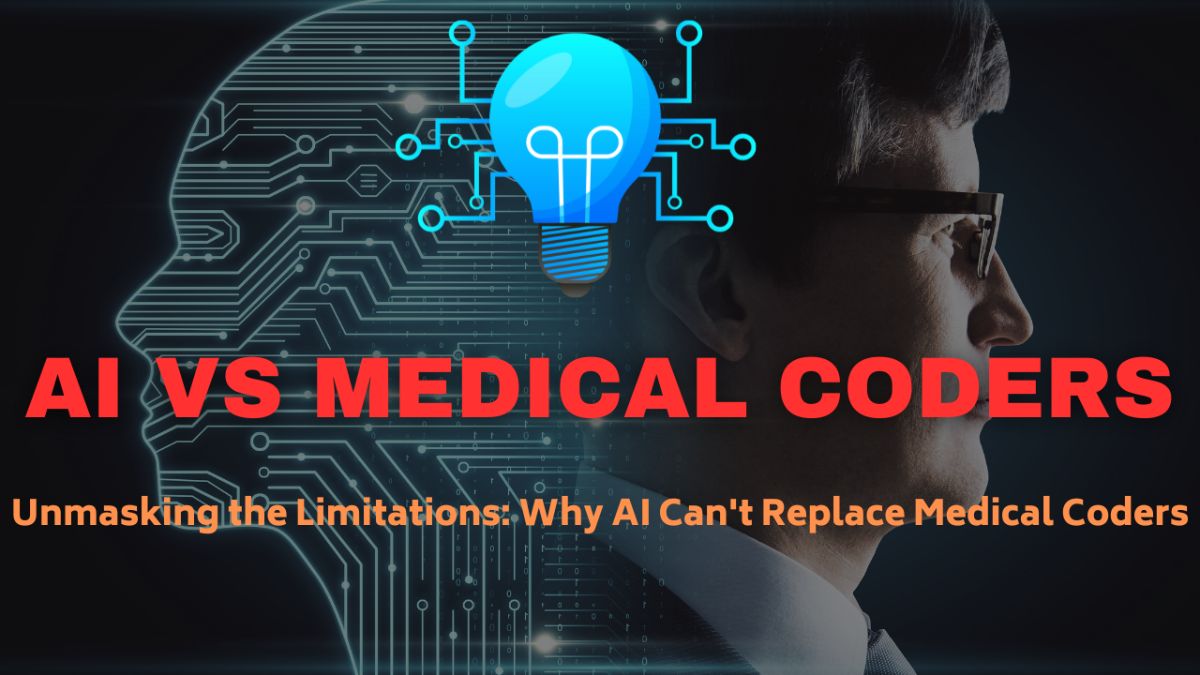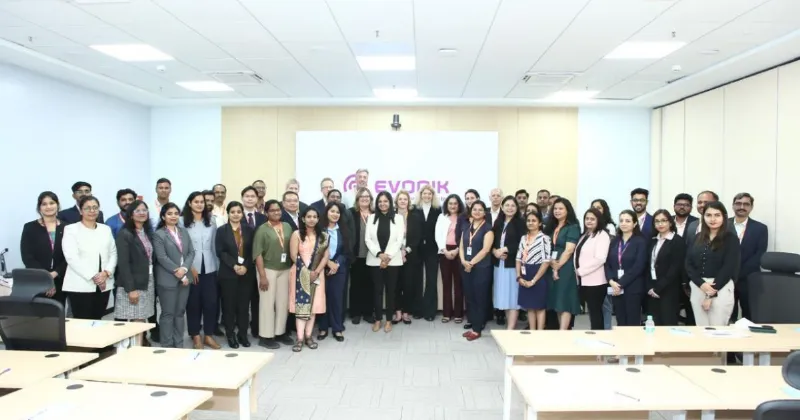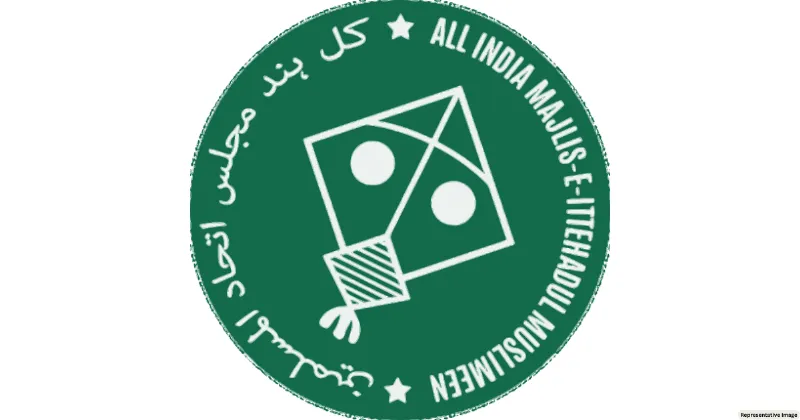Latest News
10 Reasons Medical Coders Remain Indispensable Despite AI Advancements

While AI has made significant advancements in healthcare, there are several reasons why it cannot fully replace human medical coders:
Dr. Santosh Gupta, CEO – MEDESUN® a trailblazer in the field of medical coding, 45 certifications and a distinguished 20-year track record, asserts that while AI can certainly aid medical coders, it remains insufficient to supplant them. The intricacies of medical coding, entailing a blend of skill and expertise, coupled with paramount considerations for privacy and security, render the overreliance on AI for this intricate profession nothing short of a catastrophic prospect.
The accuracy of AI-generated codes depends on the quality and completeness of input data. Garbage in, garbage out—errors or omissions in patient records can lead to incorrect coding.
Complexity of Medical Coding: Medical coding involves intricate decisions that require clinical knowledge, context, and an understanding of the patient's medical history. AI may struggle with the nuanced nature of coding. Cases involving complex or rare medical conditions often necessitate human intervention to ensure accurate coding.
Example: When medical records contain ambiguous or incomplete information, human coders can use their judgment to seek clarification from healthcare providers and resolve coding uncertainties.
Constantly Changing Guidelines: Medical coding guidelines and regulations, such as ICD-10, CPT, and HCPCS, are continually updated. Human coders adapt to these changes, while AI systems require regular updates.
Clinical Judgment: Medical coders often need to exercise clinical judgment when assigning codes. AI lacks the ability to interpret complex medical cases and make judgment calls.
Interpersonal Skills: Medical coders often communicate with healthcare providers to clarify information or gather additional details. AI lacks the interpersonal skills necessary for effective communication. Human coders can conduct thorough quality control checks to identify and rectify coding errors or discrepancies. They can also validate the accuracy of AI-generated codes.
Coding for Unique Cases: Unusual or unique medical cases may not fit neatly into predefined coding algorithms. Human coders can adapt and find appropriate codes, while AI may struggle. Medical coders often collaborate with healthcare professionals to gather additional information or resolve coding discrepancies. They build relationships that AI cannot replicate.
Error Handling: In cases of ambiguous or conflicting information, human coders can use their judgment to resolve issues. AI may produce errors or require human intervention.
Patient Privacy: Medical coders must handle sensitive patient information with care and adhere to privacy regulations (HIPAA). AI systems need strict safeguards to ensure data privacy.
Quality Control: Human coders can conduct quality control checks to review and verify codes for accuracy. AI systems require continuous monitoring and supervision.
Ethical and Legal Considerations: Medical coding often involves ethical and legal considerations that require human understanding and adherence to ethical standards.
Medical coders must navigate ethical dilemmas, such as ensuring that codes accurately reflect the medical services provided while adhering to legal requirements like patient privacy laws (e.g., HIPAA).
Coding for Uncommon Procedures: AI may not have enough data on extremely rare medical procedures to make accurate coding decisions. Human coders can rely on their expertise and knowledge. Human coders work closely with CDI specialists and healthcare providers to improve clinical documentation, ensuring that codes accurately represent the severity of illness and complexity of care.
Determining liability in the event of coding errors or issues related to AI may pose legal and ethical challenges. AI algorithms can inherit biases present in the data they are trained on, potentially leading to biased coding decisions or disparities in healthcare treatment.
While AI can assist medical coders by automating routine tasks and improving efficiency, it is unlikely to replace them entirely due to the complex and nuanced nature of medical coding. Instead, AI is expected to work alongside human coders to enhance accuracy and productivity in the healthcare industry.
Mr. KM Sai Ram, a distinguished CPC, CHIM®, CPMB - Certified professional medical biller and coder with a rich 5-year history in medical coding, underscores the highly skilled nature of the profession. He strongly emphasizes that relying on AI for medical coding is poised to yield a higher margin of errors, ultimately resulting in a disastrous outcome. MEDESUN® provide ICD-11 Coding Training for India health care and CHIM® – Certified Health Information Management Program.
About MEDESUN®: MEDESUN® Medical Coding Academy is a renowned institution dedicated to providing comprehensive online medical coding training, ICD-11, and ATC Codes located in Hyderabad. With a strong commitment to excellence, MEDESUN® offers cutting-edge courses, expert faculty, and hands-on learning experiences, ensuring students are well-prepared for successful careers in medical coding and Health Information Management Training in India, USA and UAE. The academy's focus on industry-relevant curriculum and the latest coding practices makes it a top choice for aspiring medical coders seeking quality education and a pathway to professional success.
In the era of fierce competition and rapid advancements in AI technology, staying ahead demands a holistic approach. MEDESUN® recognizes this imperative and offers a comprehensive education package that encompasses medical coding, medical billing (Certified Professional Medical Biller-CPMB), and CHIM-Certified Health Information Management training. By providing a 360-degree understanding of these subjects, MEDESUN® equips individuals with the diverse skill set required to thrive in the evolving healthcare landscape and stand out in the highly competitive field.





















